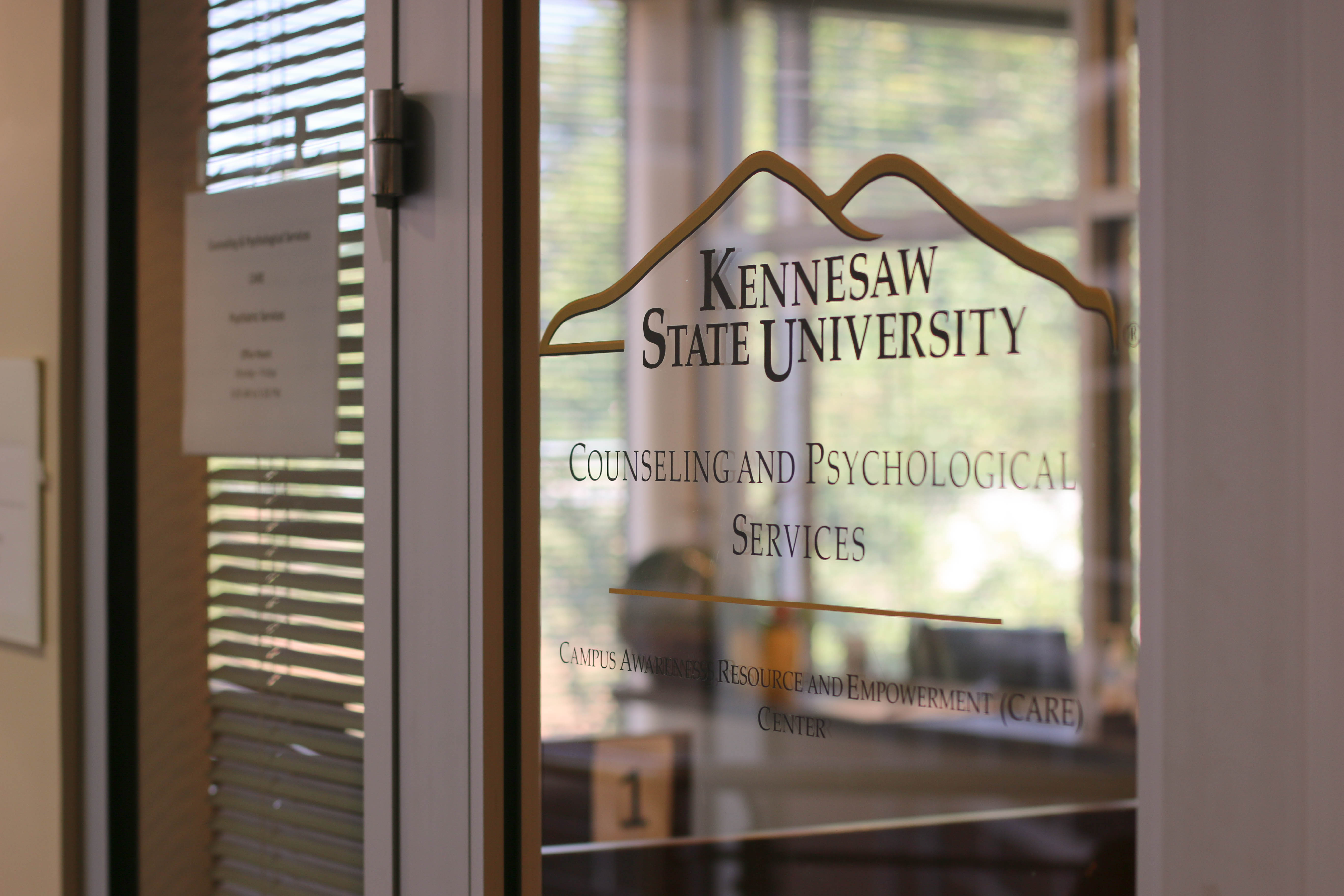Final assessments work better as projects and papers because they are a more accurate representation of what concepts and material a student has learned.
Final projects and papers are the culmination of, potentially, weeks of effort toward creating a product. Intrinsically, projects and papers better represent the concepts a student learned during a course because they demand the application of learned concepts and not just the regurgitation of learned content.
Final exams, on the other hand, have been the established norm for gauging what a student has learned throughout the course. Overall grades in classes are heavily swayed by test performance and, for most students, a lot of effort is spent in preparing for final exams.
In the worst case scenario, grades can hinge entirely on the final exam. According to the British Psychological Society, the fear of failing major exams can be a significant source of stress.
With better demonstrating the higher-level concepts and ideas a student has picked up during a course, final projects and papers also facilitate student interaction and involvement.
According to the University of California, Berkeley, alternatives to traditional testing can allow students to demonstrate a deeper understanding of material while also enriching the learning experience.
During finals week, the stress of having multiple final exams over a short period can sometimes prevent proper studying. Coupled with the inherent anxiety that comes with test taking, final exams can become a struggle just to pass.
In order to maintain the challenge expected in a final assessment, final projects and papers should be used in conjunction to compare with final exams in terms of what is demanded from the student.
When a student completes a project, a paper should be written with it that: details the challenges overcome while working on the project, explains the concepts, context and content present in the project and explains how the project is connected to the course material.
If a final project fails to properly challenge students, the focus again turns to the grades — just as if the student was preparing for final exams. Students are demotivated to actually learn the material, and instead, take the easy “A.”
When final projects and papers are implemented properly into course expectations, the end result can be a better understanding of the material. The use of final projects and papers would also eliminate testing anxiety and lead students to produce high-quality work that truly shows course mastery.
The future of college finals rests in the transition from traditional tests to better alternatives.



